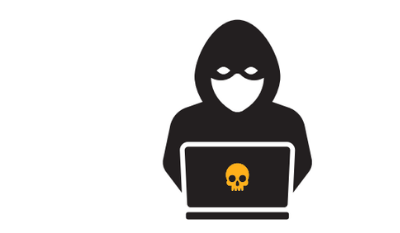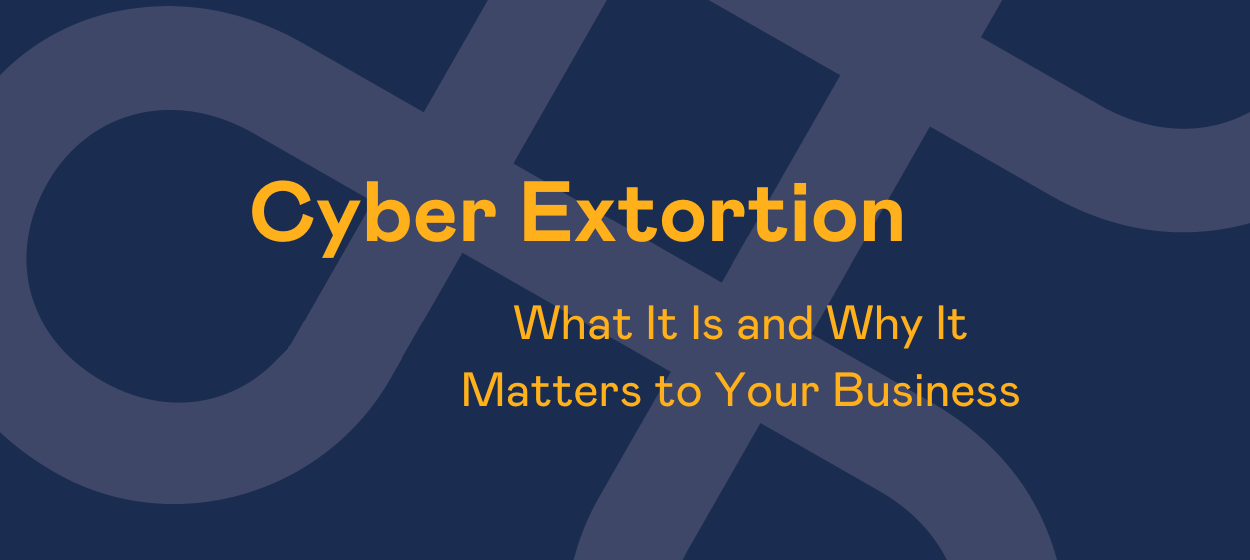Cyber extortion has been making headlines lately, and for good reason. It's a growing threat that can have serious consequences for businesses of all sizes. So, what exactly is cyber extortion, and why should you be concerned about it?
What is Cyber Extortion?
Cyber extortion is a type of cybercrime where criminals threaten to harm your business by compromising its data and digital assets unless a ransom is paid. The most common form of this is ransomware, malicious software that encrypts your data, making it inaccessible until you pay the ransom.
Some cybercriminals take it a step further by stealing your data and threatening to release it publicly if their demands aren’t met. This is known as double extortion.
According to a 2024 report, cyber extortion scams have surged by 77% over the past year. Small businesses are four times more likely to be targeted than larger ones. This trend is concerning, especially since smaller businesses often have fewer resources to defend against these attacks.

In the first quarter of this year alone, 1,046 businesses fell victim to double extortion. And that number is likely much higher, as many cases go unreported.
Who's at Risk?
All businesses, regardless of size or industry, are potential targets. However, some sectors are more frequently attacked than others. Industries like manufacturing, professional services, scientific and technical services, and wholesale trade are top targets. Alarmingly, the healthcare and social assistance sectors are also seeing a significant rise in attacks.
Cybercriminals are opportunistic and strategic. They often target regions with strong economic growth and shared languages. For instance, cyber extortion attacks in the UK have increased by 96%.
How Can You Protect Your Business?
The rise in cyber extortion is concerning so, although not an exhaustive list, here are some simple steps you can take to protect your business:
Back Up Your Data: Ensure you have a robust backup plan. Store critical data offline or offsite and regularly test your backup restoration process.
Keep Software Updated: Ensure all your devices regularly update software, especially those connected to the internet.
Implement Multi-Factor Authentication (MFA): Strengthen your access controls with MFA, which requires multiple forms of verification before access is granted.
Password Hygiene: Encourage the use of strong, unique passwords for all accounts. Regularly update passwords and avoid reusing the same password across multiple sites. Consider using a password manager to keep track of passwords securely.
Patch and Vulnerability Management: Regularly update your systems to fix any security vulnerabilities. Cybercriminals often exploit known weaknesses, so staying on top of patches can prevent many attacks.
Understanding cyber extortion and how it works can help you better prepare your business to defend against it. Remember, the key is to build a layered approach to IT Security for your business and above all you should be proactive.

If you need help preparing your business and keeping it safe, give us a call or Click Here to request a call back. If you prefer to meet us in person then we will be exhibiting at the upcoming Chamber Means Business Event.



